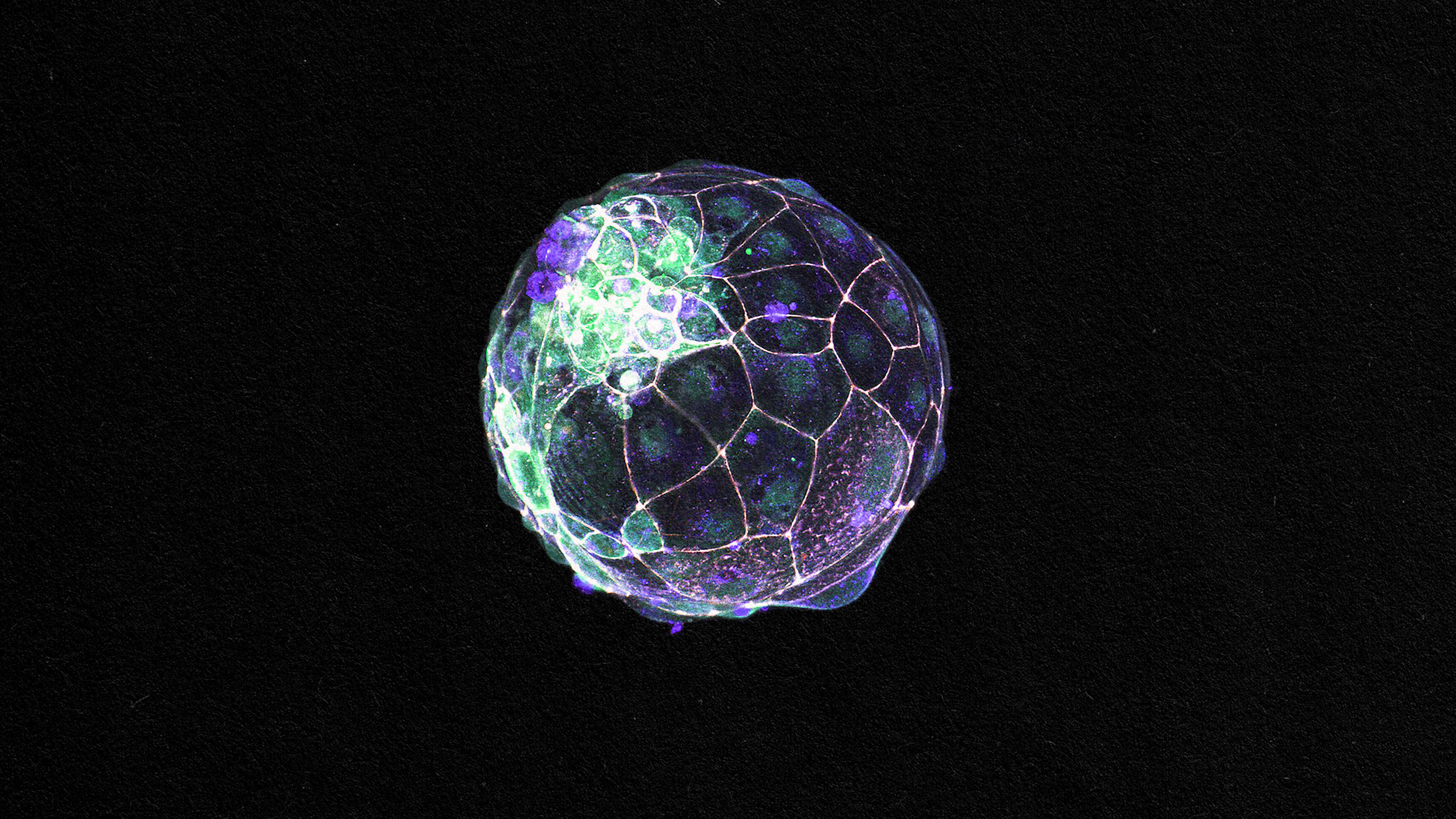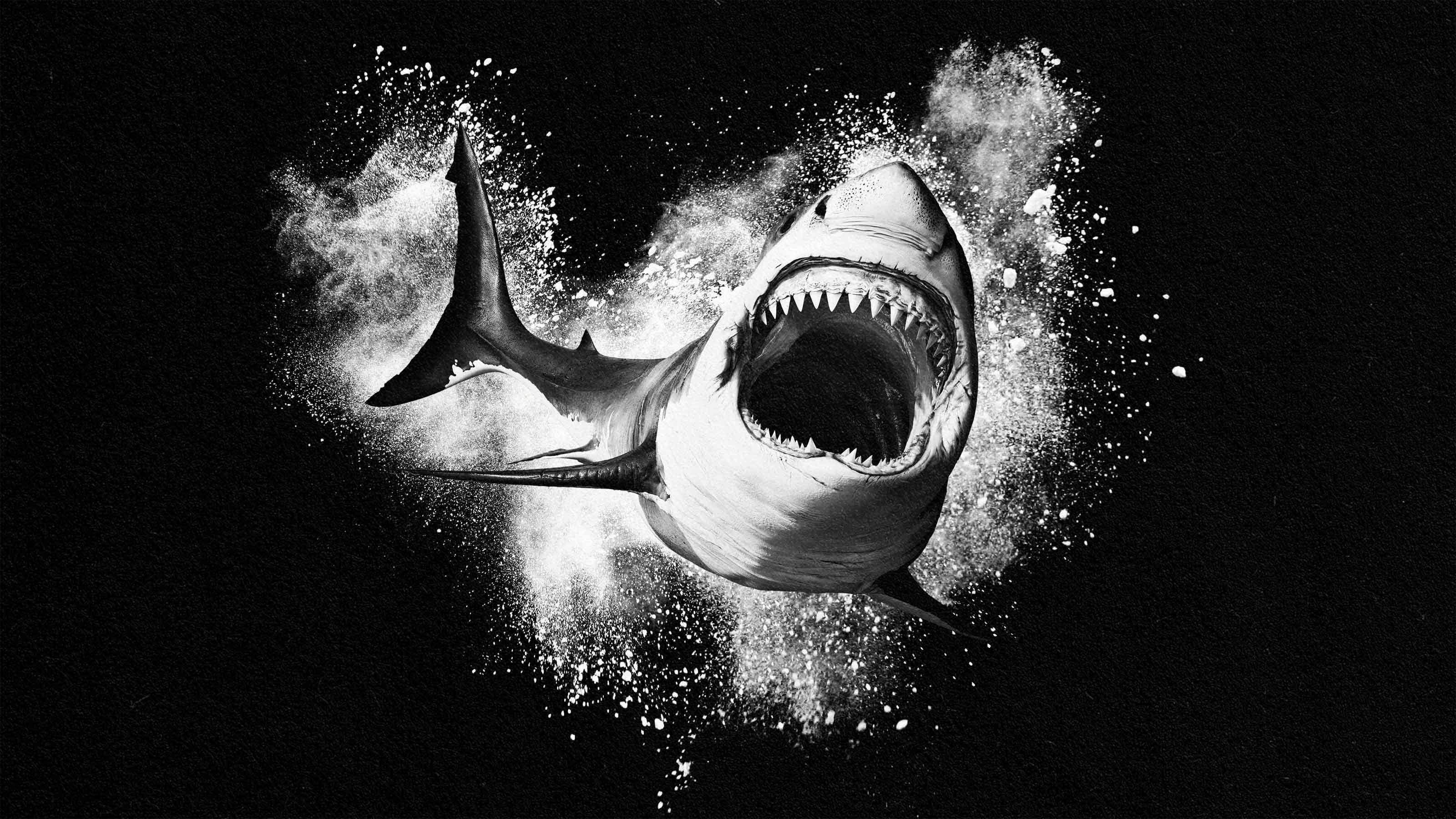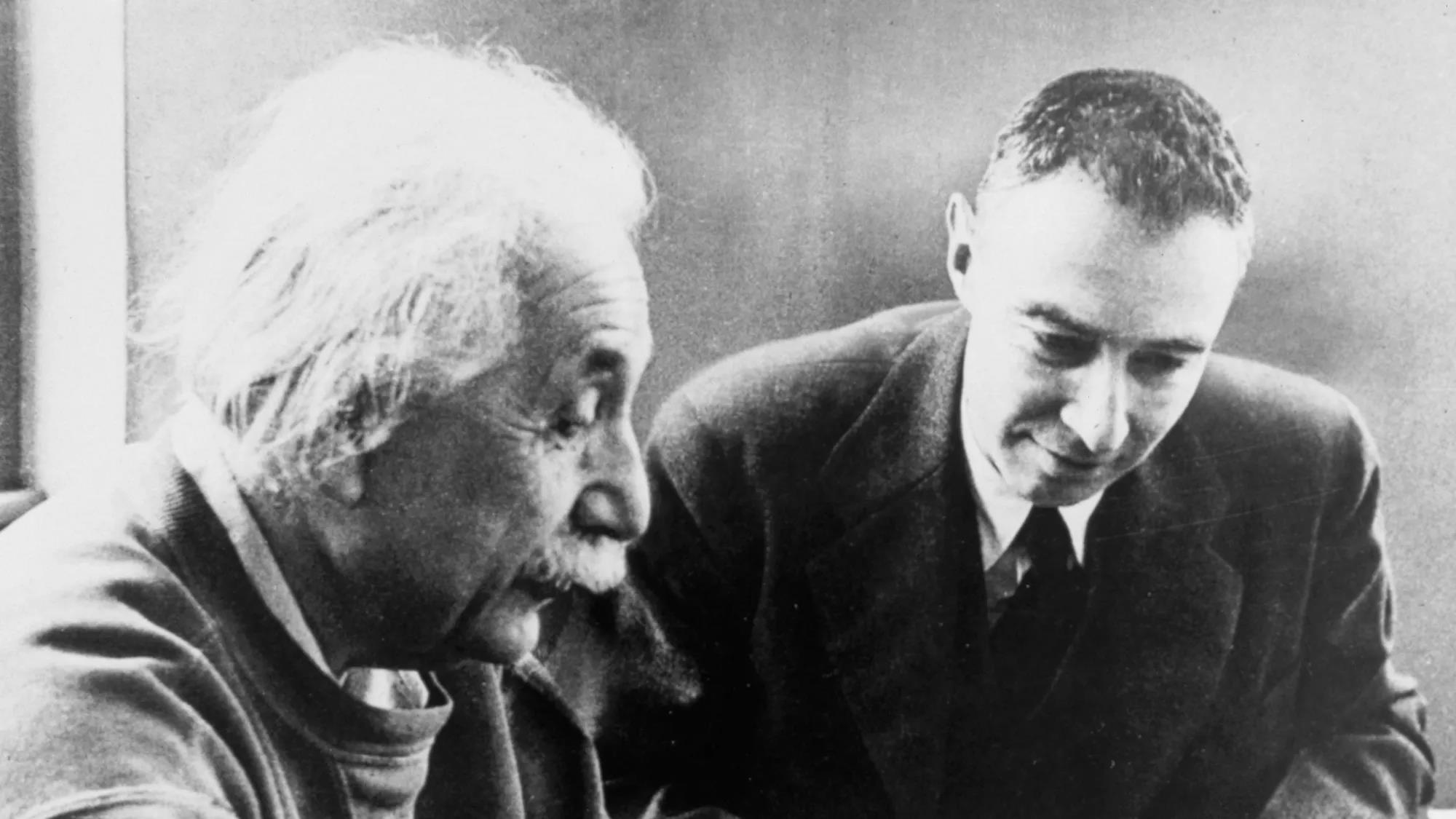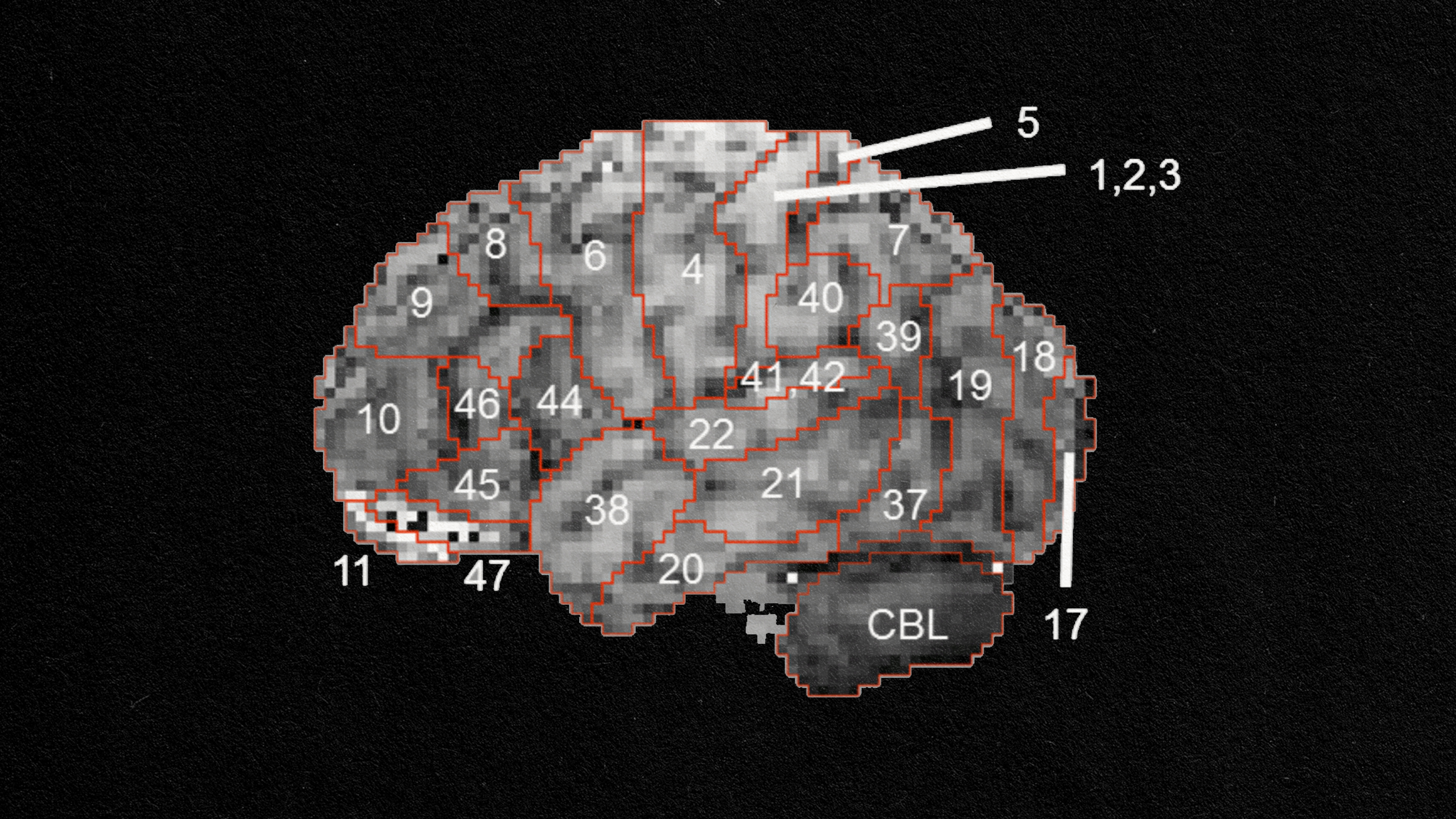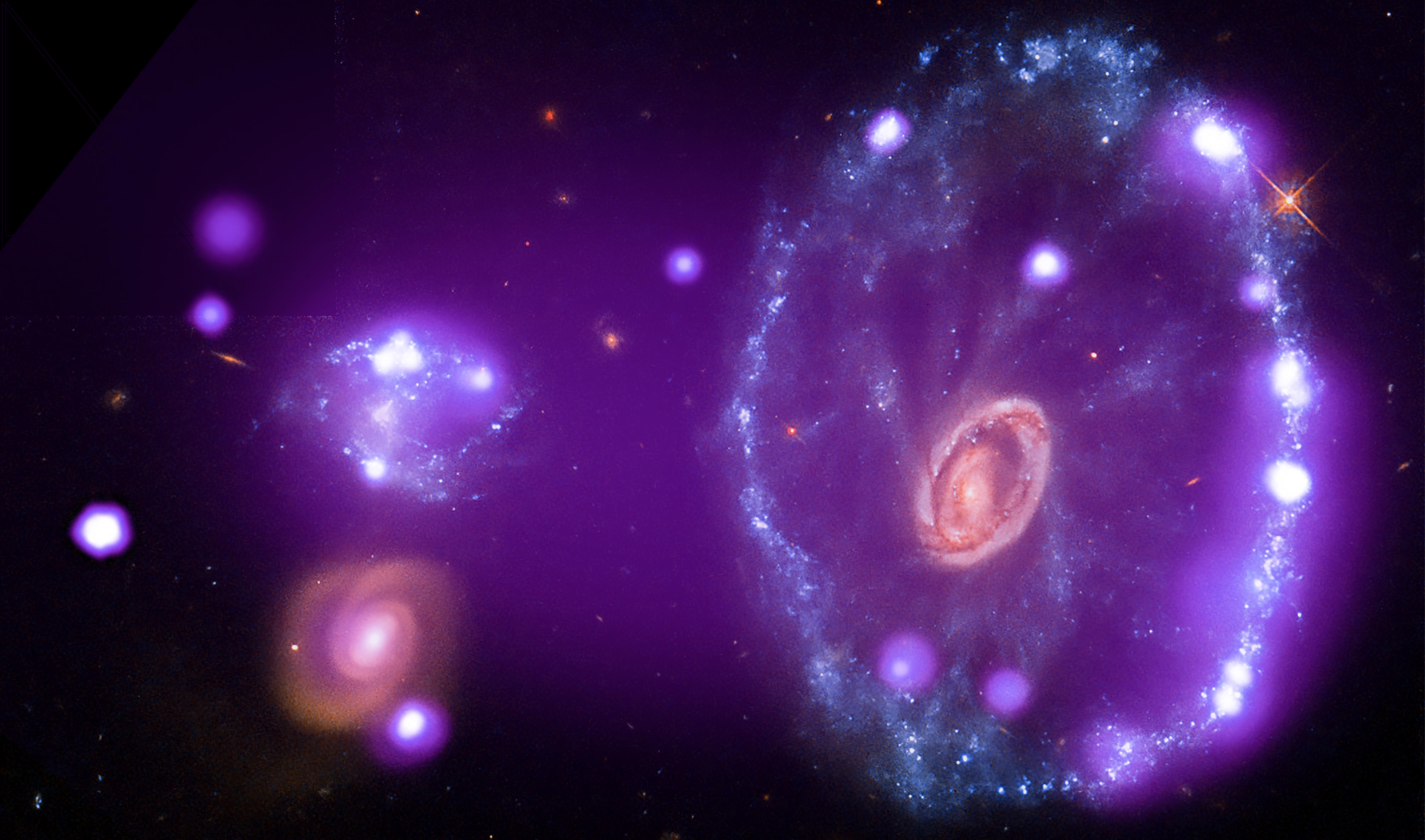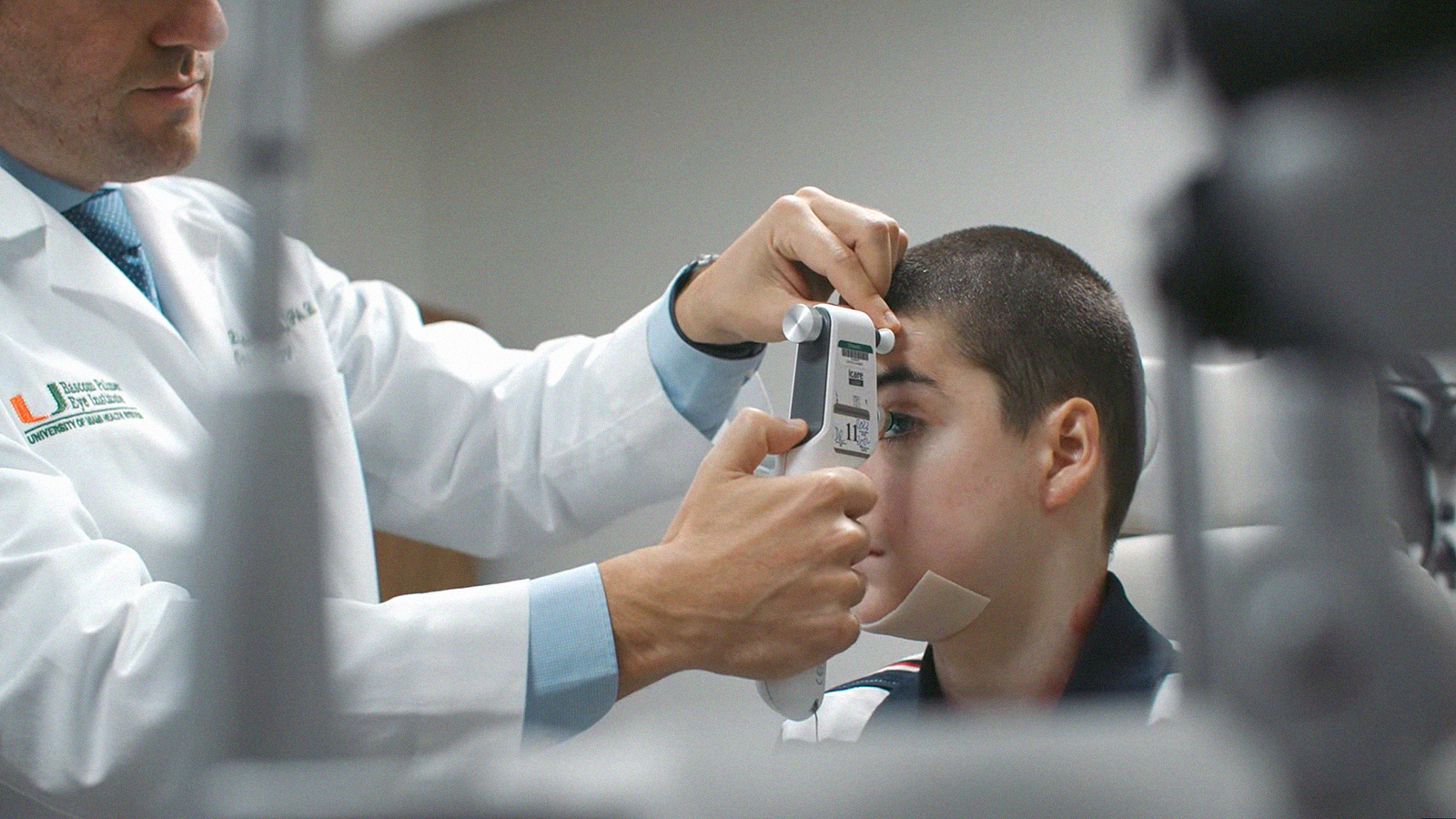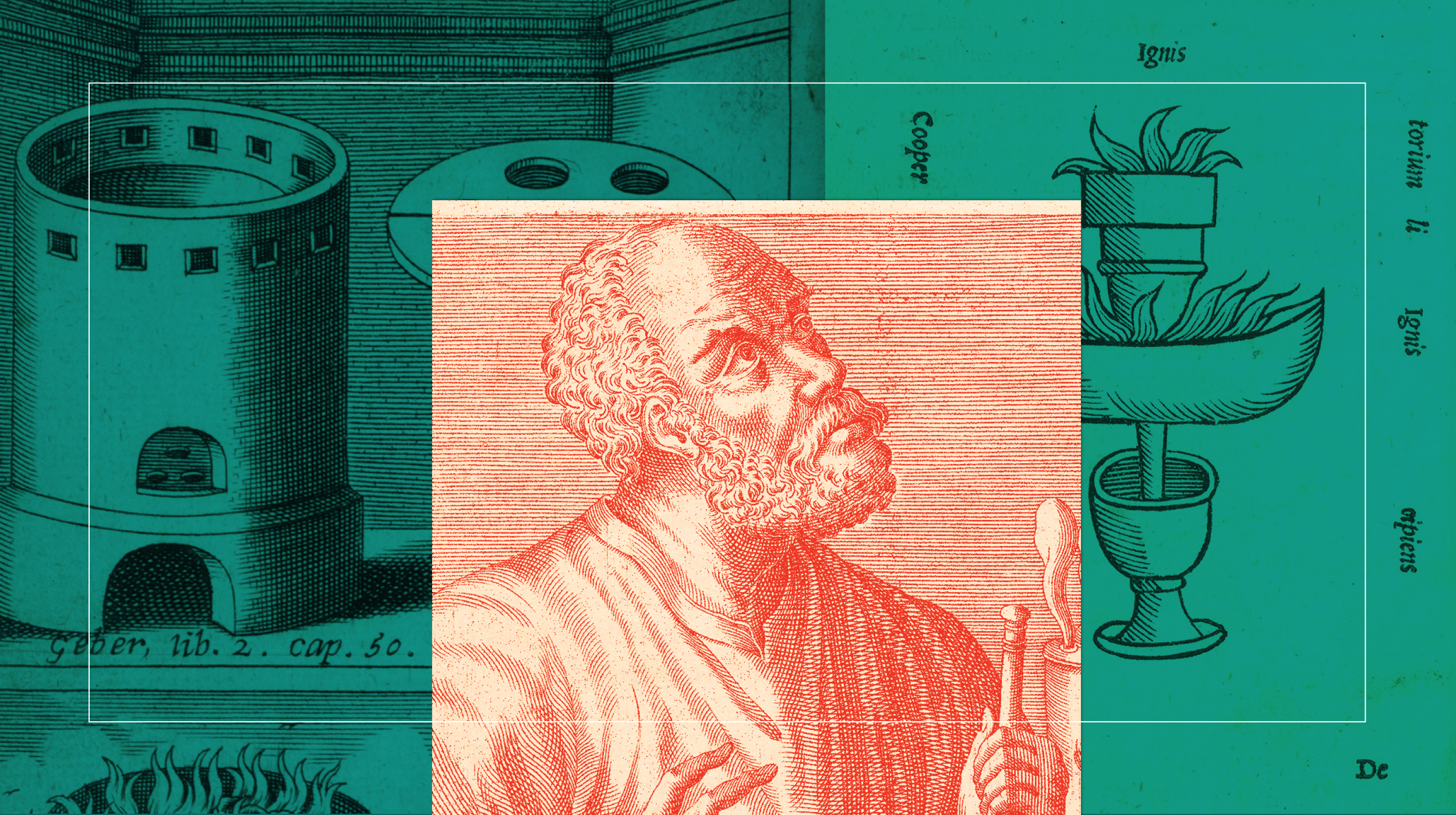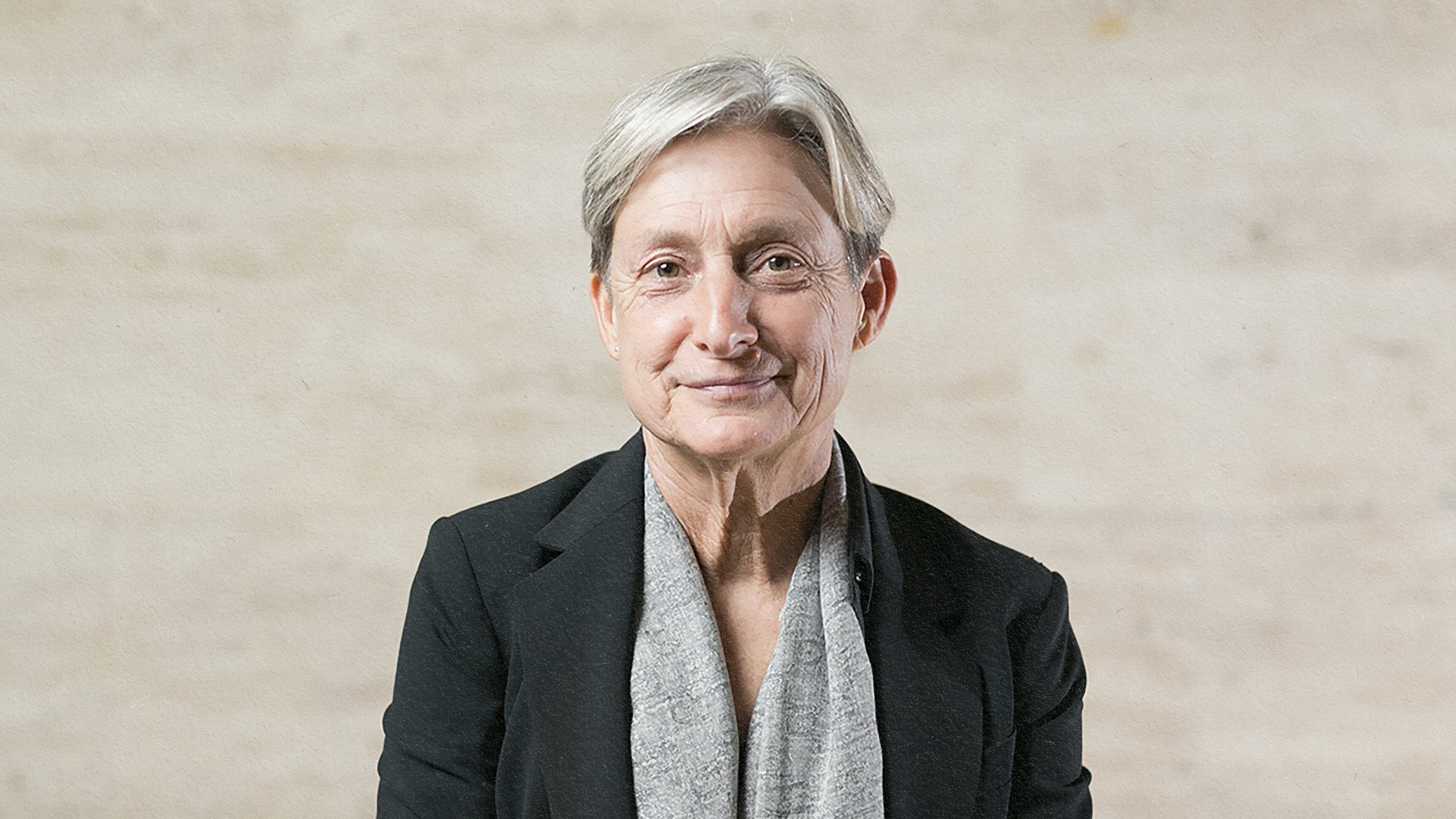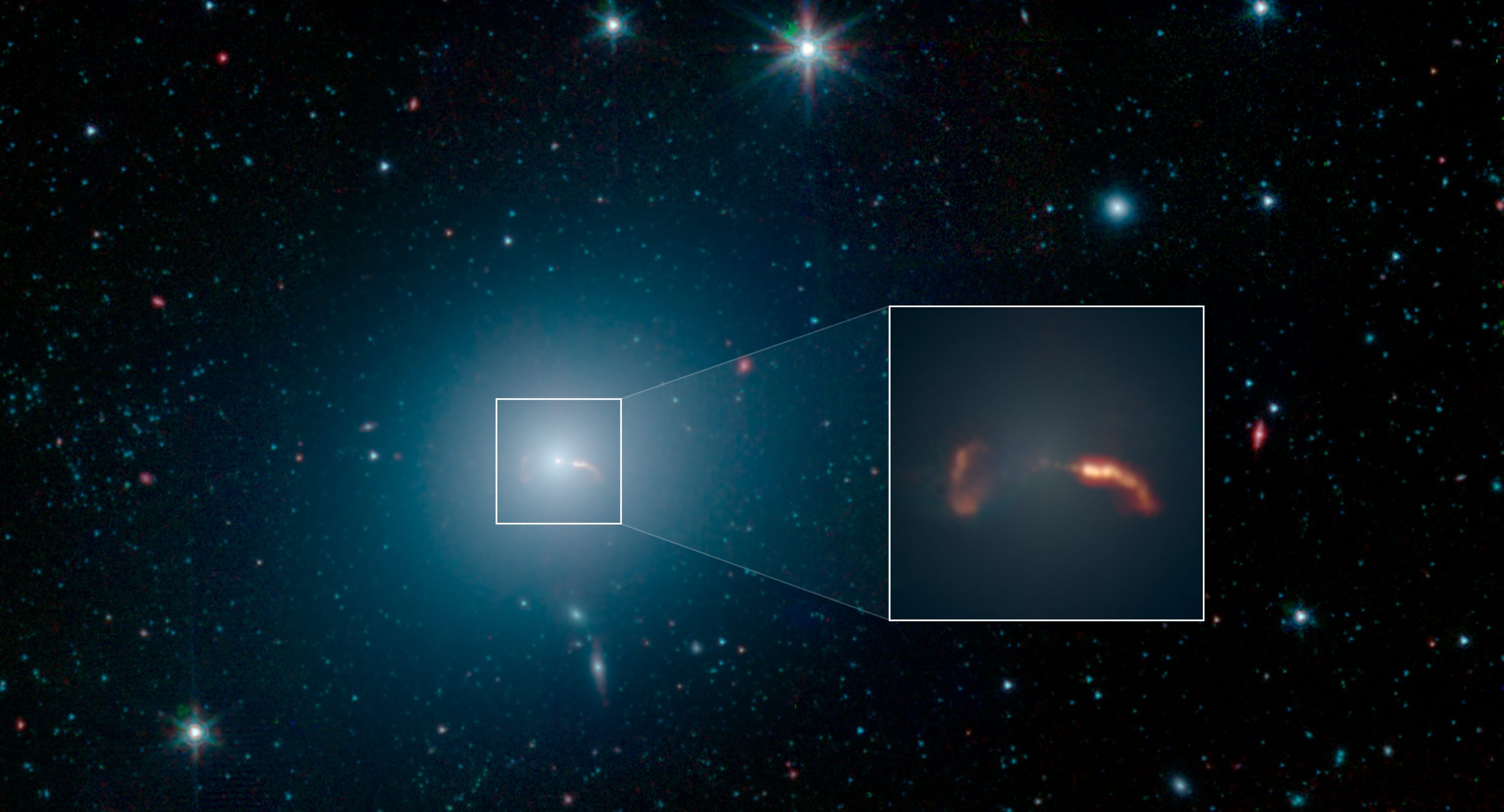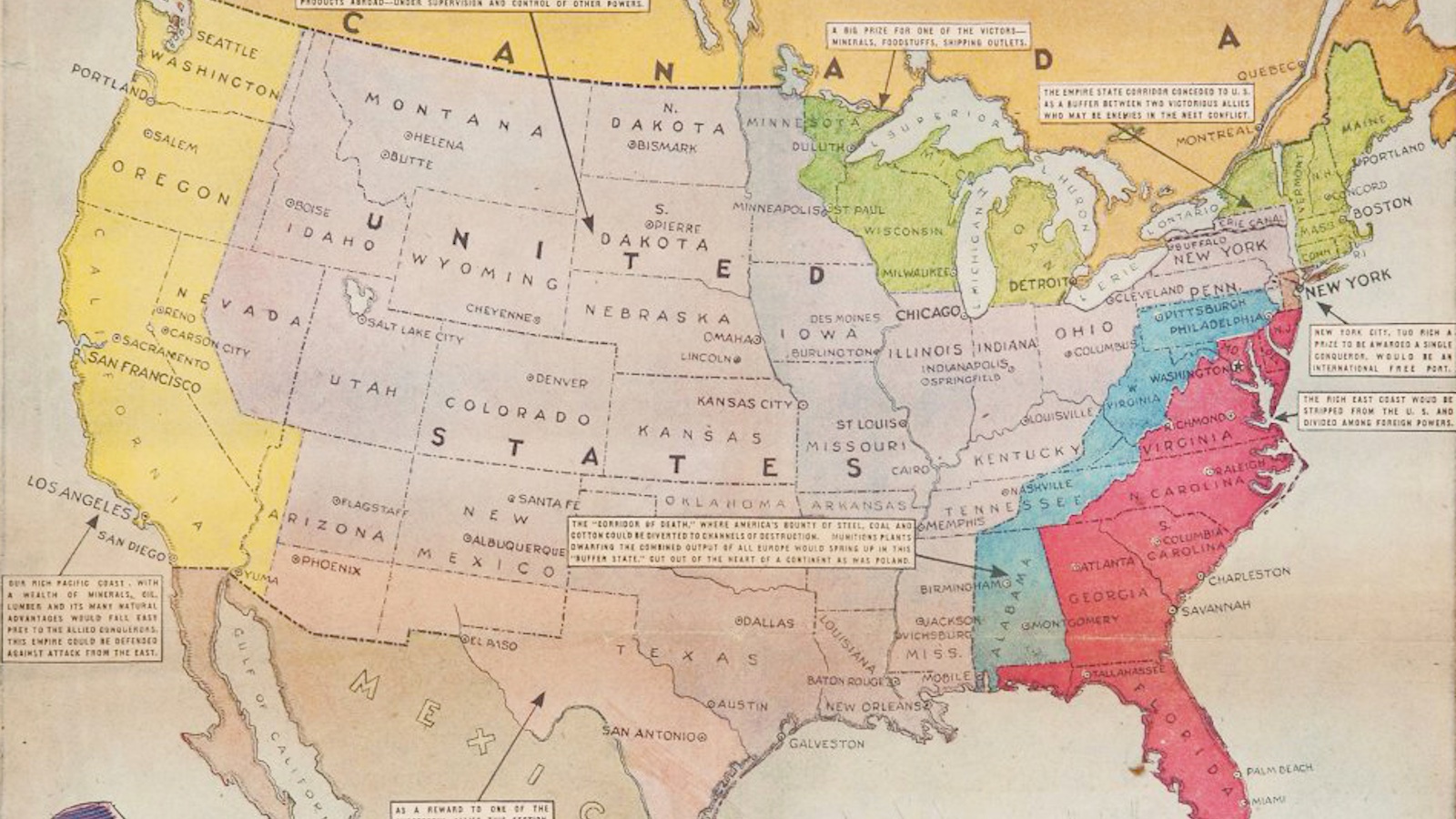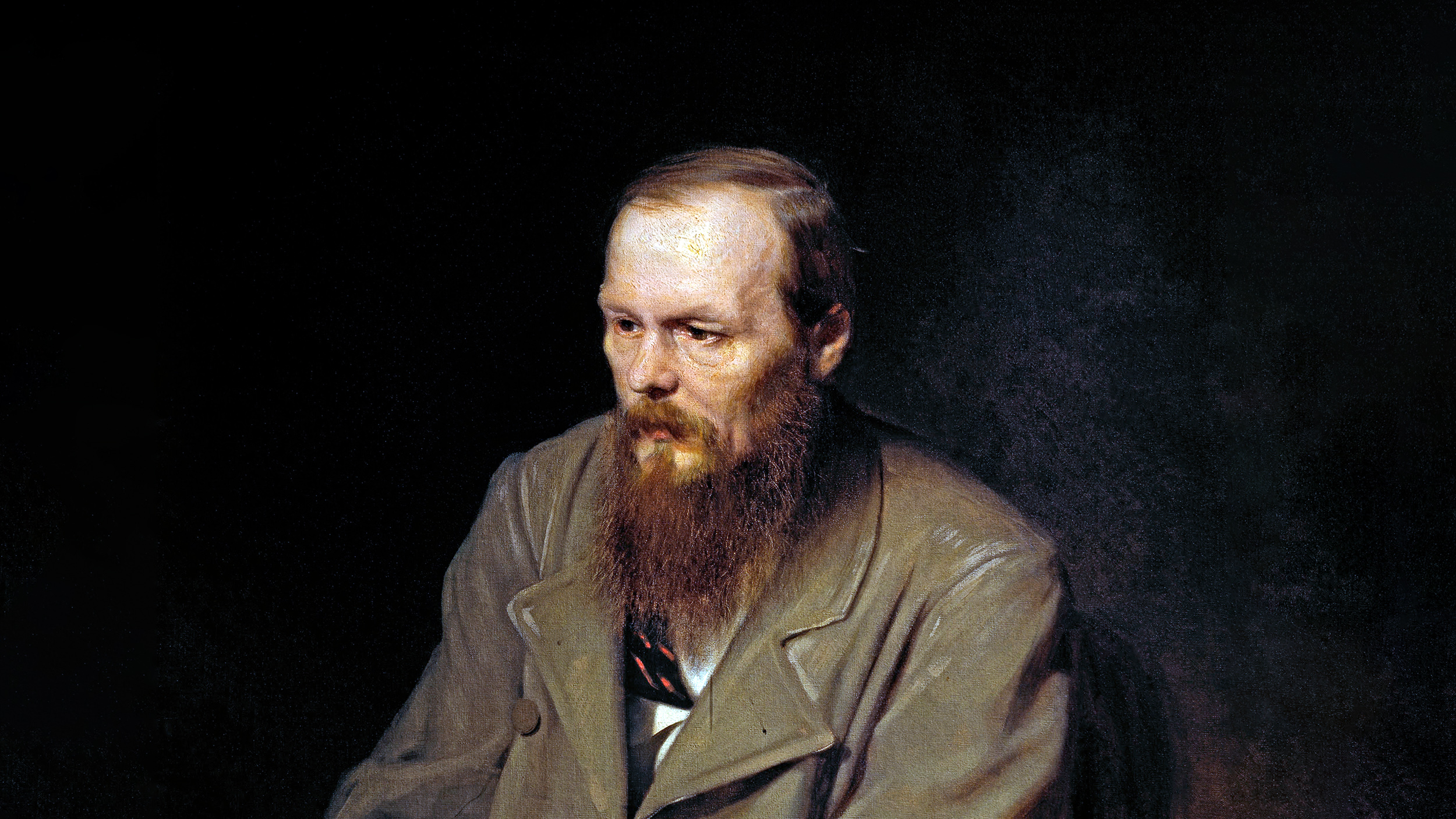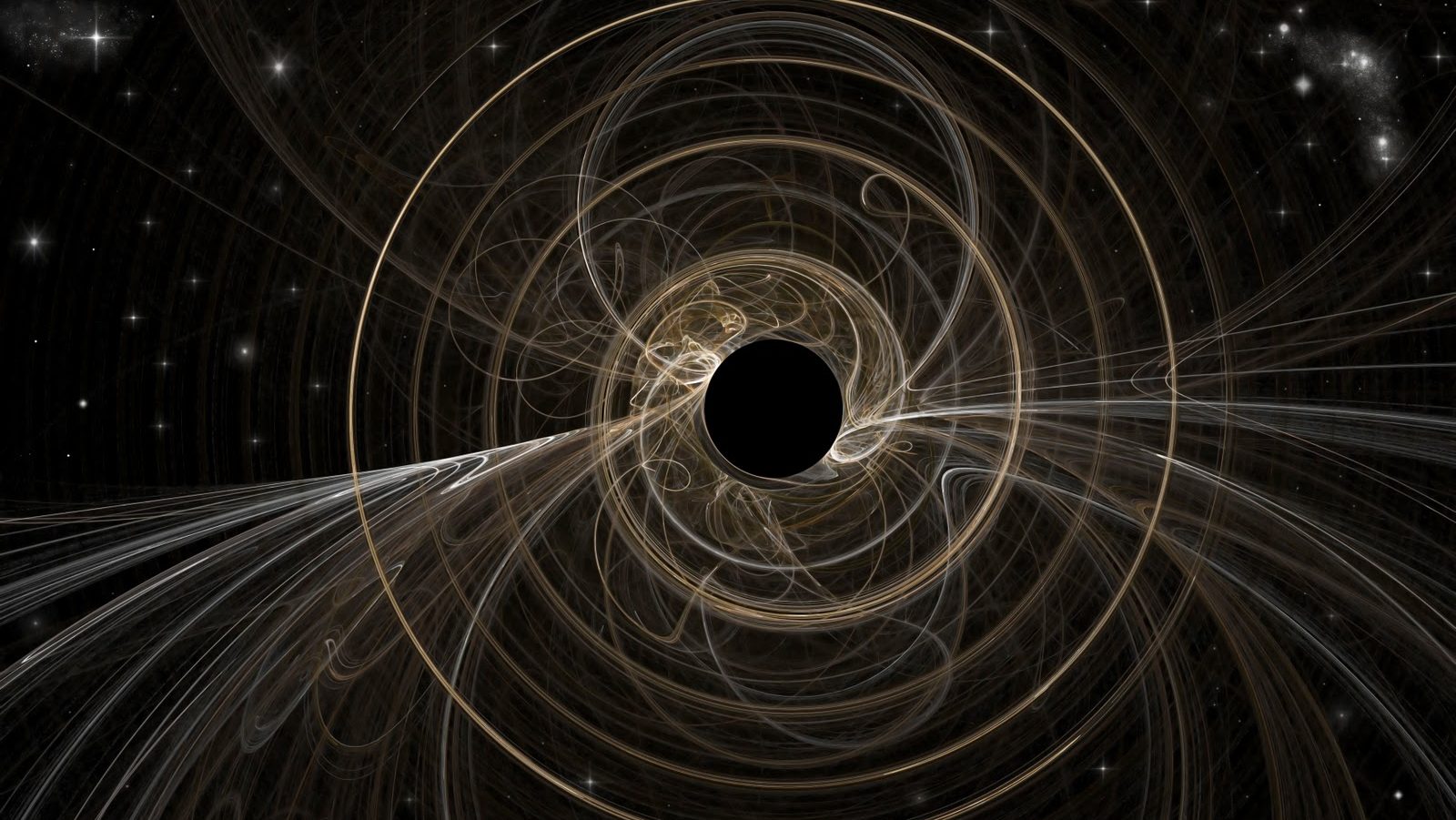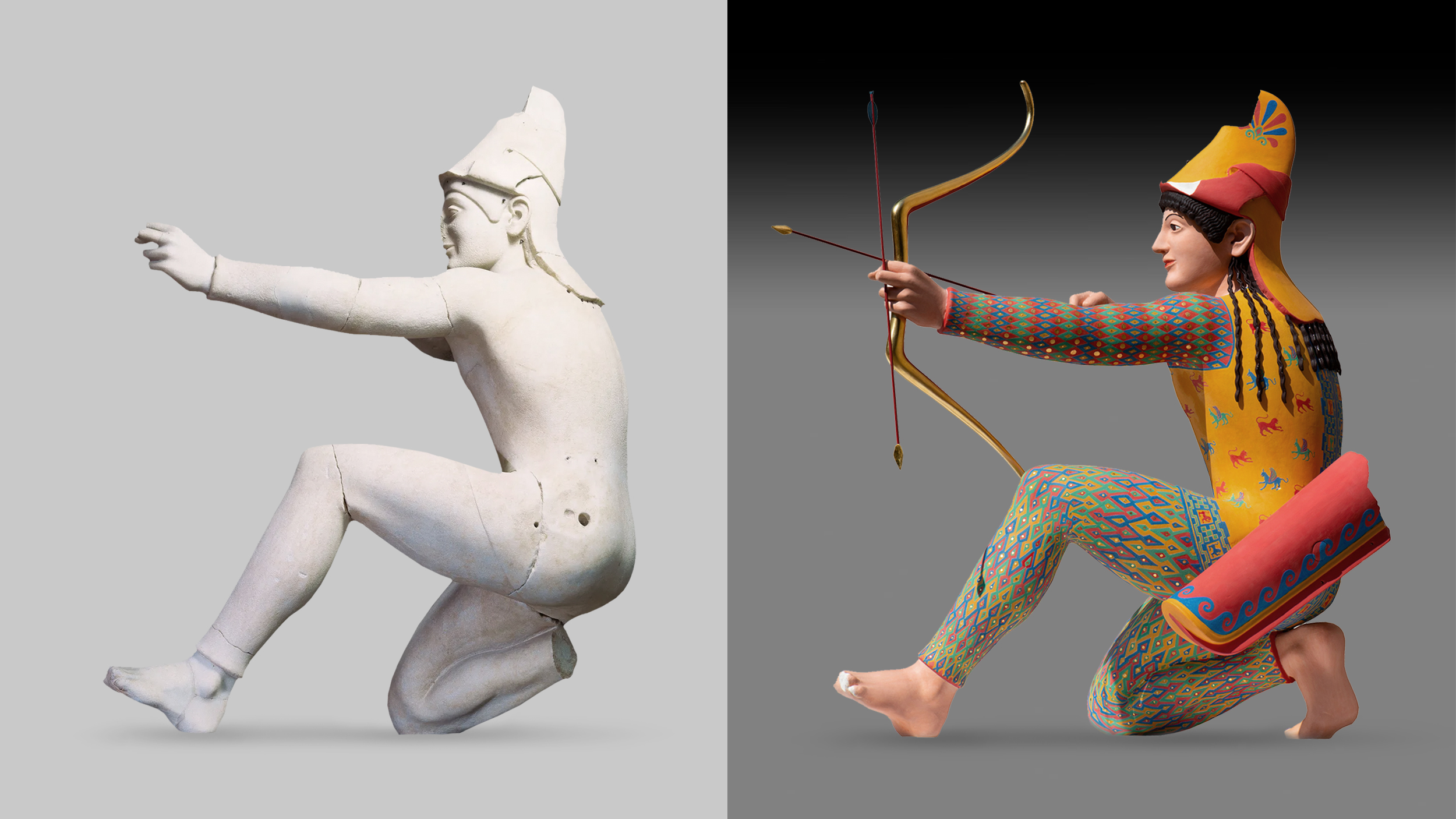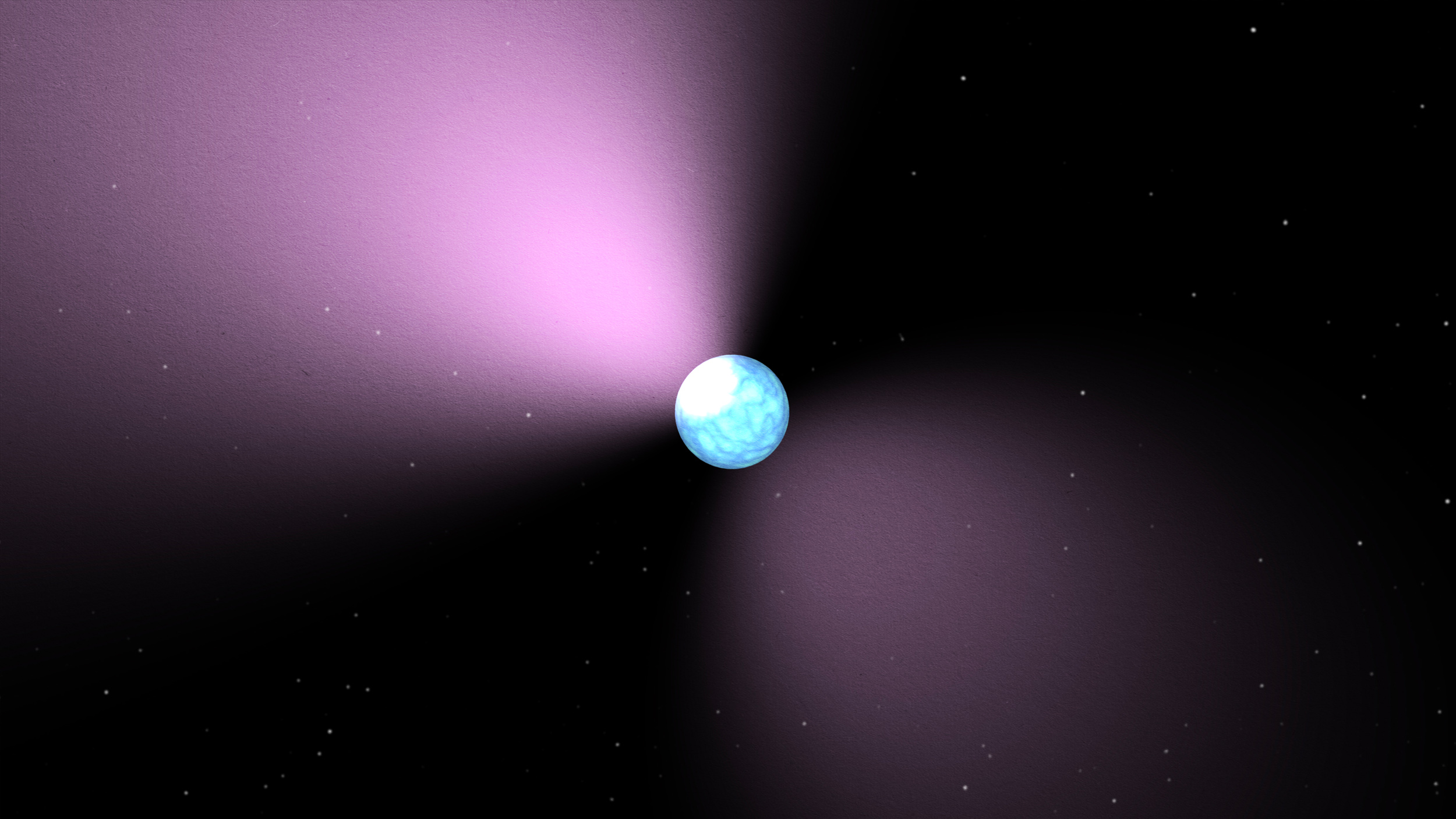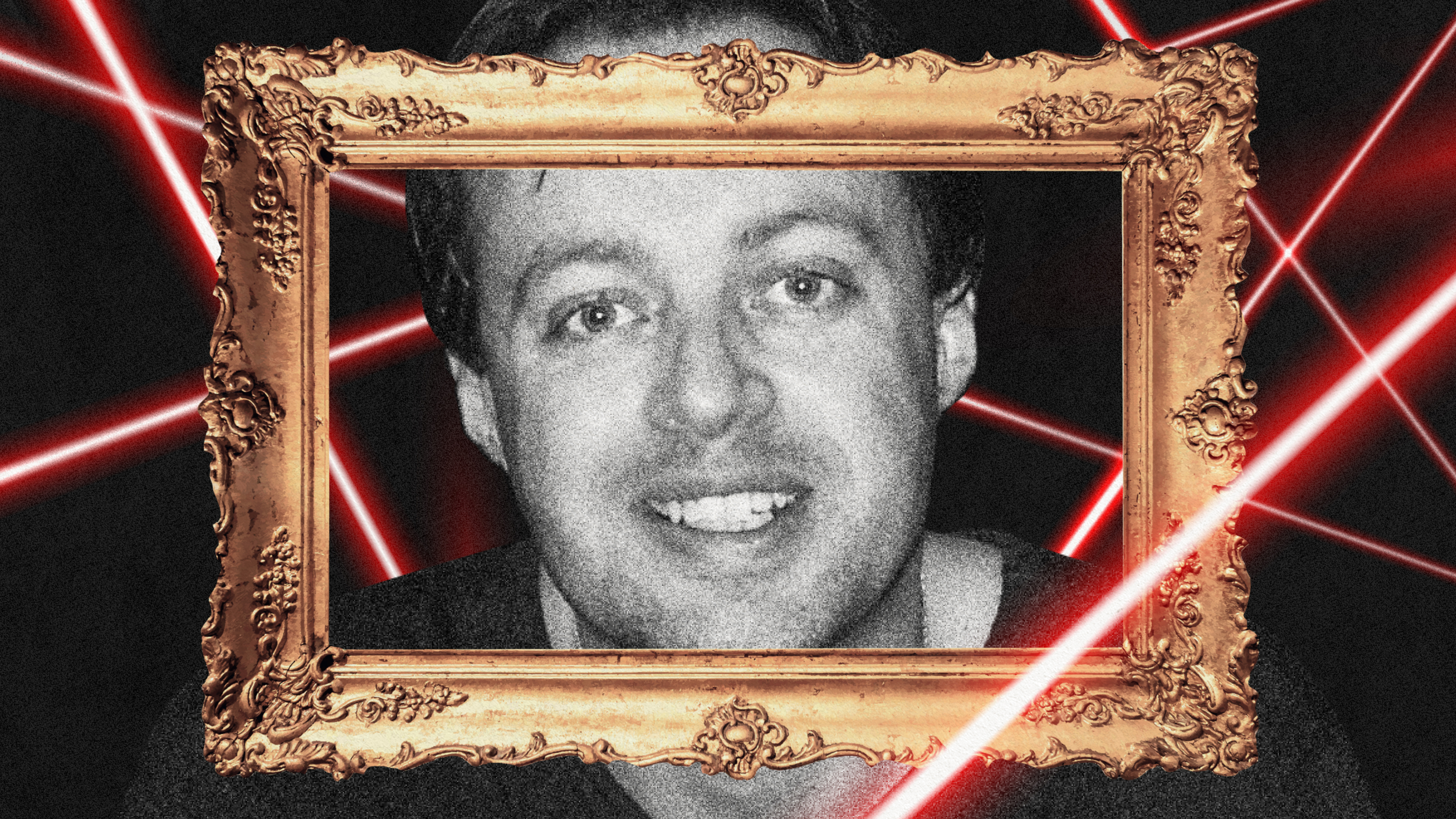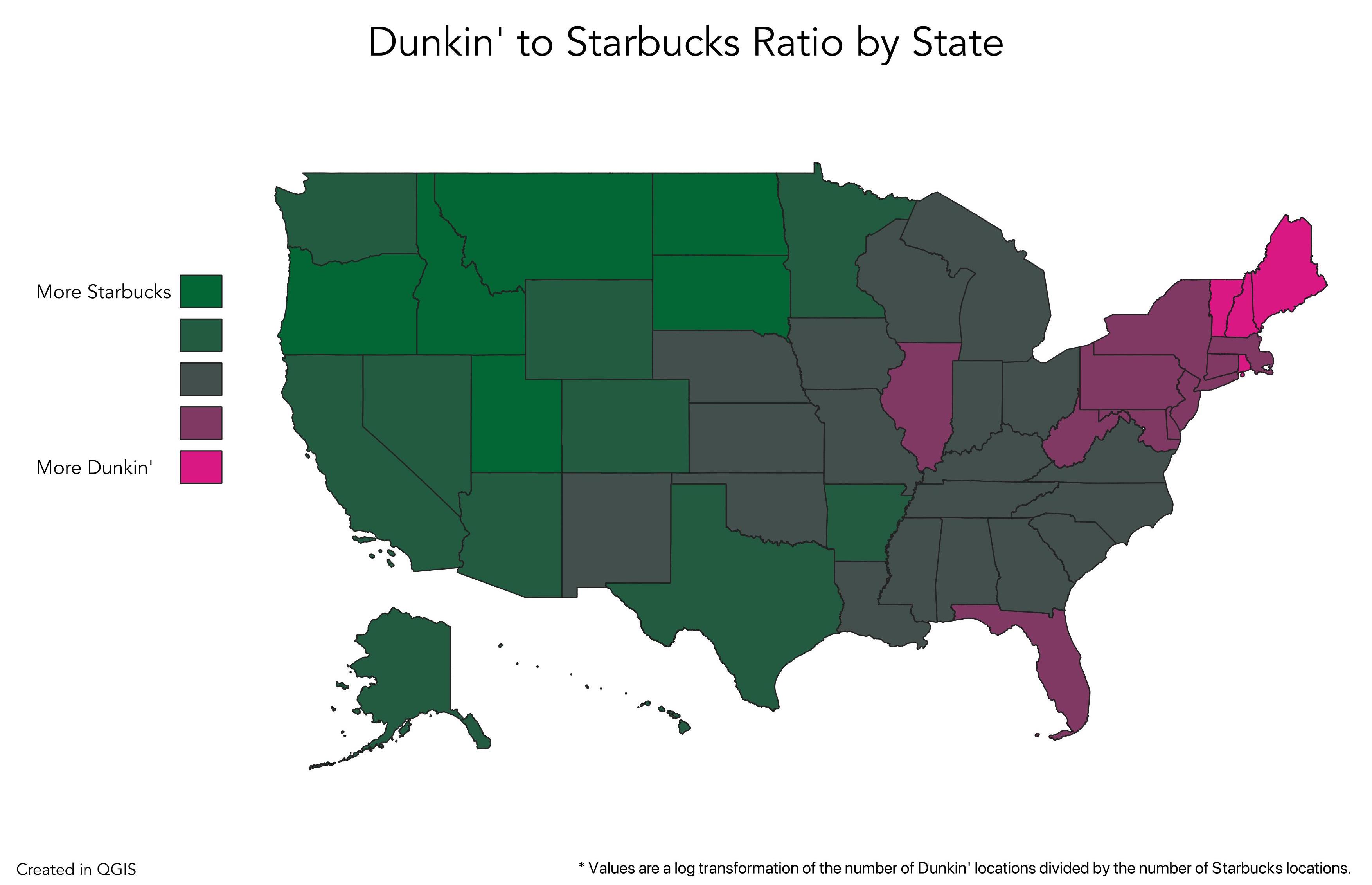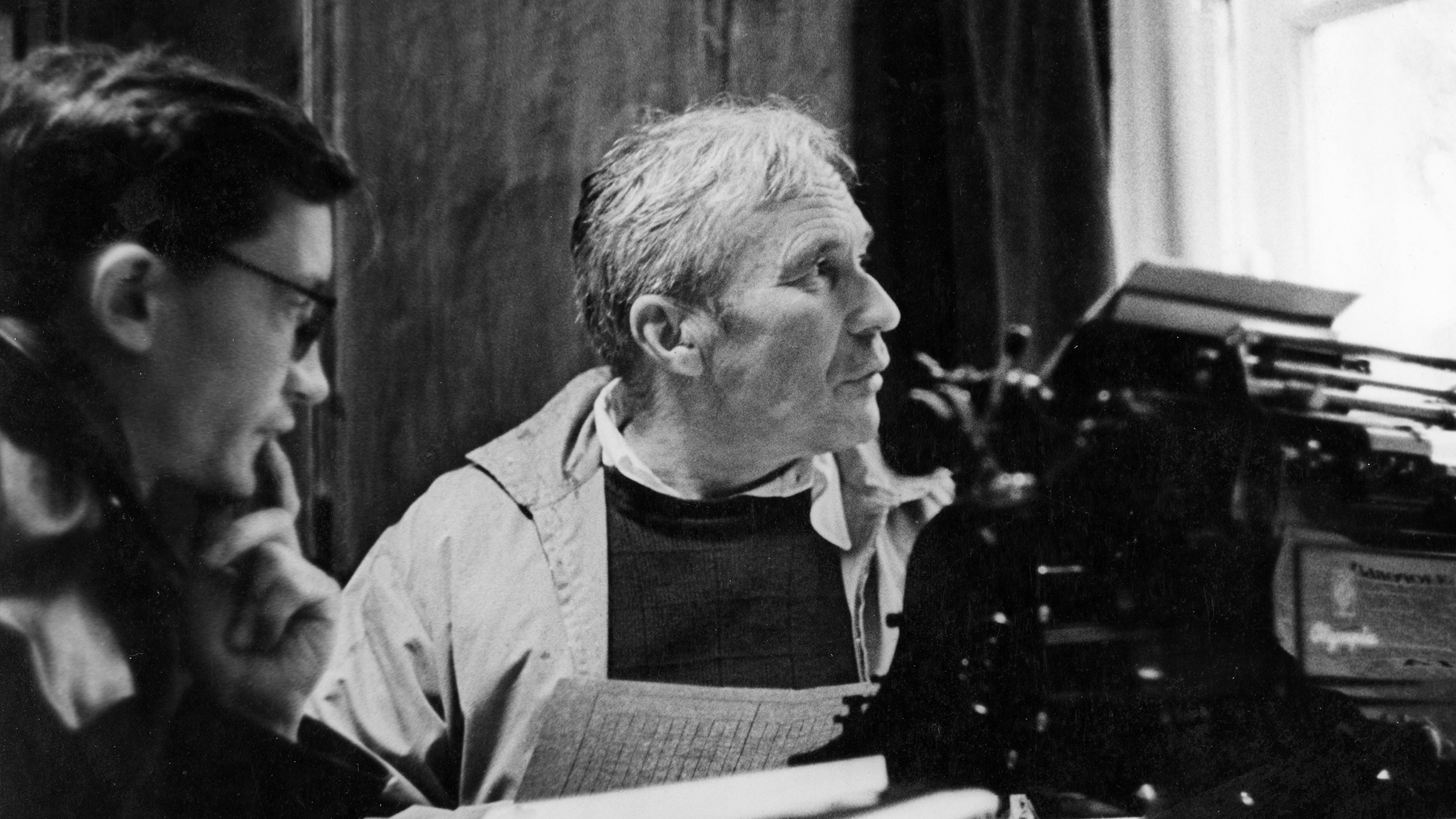From the laying out of the body plan to the organization and functioning of our nervous system, cells rule gene expression and make us who and what we are.
All Articles
If cocaine affects sharks at all, it does so as an anesthetic, not as a stimulant.
Even with the quantum rules governing the Universe, there are limits to what matter can withstand. Beyond that, black holes are unavoidable.
What better explains the prevalence of heavy metal in Scandinavian countries: culture or economy?
Lab-grown meat may work better as a complement to animal agriculture rather than a replacement of it.
A study involving nearly 2,000 people found links between personality traits and the likelihood of moving toward or away from dementia.
There are two types of missing, or “dark” matter: baryonic (made of normal matter) and non-baryonic. Have we finally found the normal stuff?
The topical gene therapy could one day help millions regain their vision.
Daydreaming can be a pleasant pastime, but people who suffer from maladaptive daydreaming are trapped by their fantasies.
His grandfather, a member of Oppenheimer’s atomic bomb team, foresaw the potential of nuclear energy to power cities — not destroy them.
These initially sympathetic characters take readers down a dark path.
Alchemy had its golden age in the 17th century, when it counted Isaac Newton and Robert Boyle among its adherents.
A primer on Judith Butler’s theory of gender and performativity.
Rocks and minerals don’t simply reflect light. They play with it and interact with light as both a wave and a particle.
Nothing can escape from a black hole. So where do Hawking radiation, relativistic jets, and X-ray emissions around black holes come from?
Opponents of America’s entry into the looming Second World War believed the U.S. would be dismembered.
These clocks burn powdered incense along a pre-measured paths, each representing a different amount of time.
“I am not sick at all but everyone around me becomes sick.”
Great writing can unveil the criminal psyche better than any other artistic medium.
All of the matter and radiation we measure today originated in a hot Big Bang long ago. The Universe was never empty, not even before that.
Those white, marble statues you see in museums all over the world were originally painted with bright colors.
Ultracold gases in the lab could help scientists better understand the universe.
The strange case of cultured ultra-thief Stéphane Breitwieser — who claims “art is my drug” — has divided opinion. Is it Stendhal syndrome?
The richness and variety of America’s food landscape, in a buffet of maps.
Back in the 1930s, Fritz Zwicky postulated the existence of dark matter. No one took it seriously until Vera Rubin’s work: 40 years later.
Probability, lacking solid theoretical foundations and burdened with paradoxes, was jokingly called the “theory of misfortune.”
There were many similarities, but also some profound differences.
When a whoopsie-daisy just won’t cut it.
Our state of extreme social interconnectedness has rapidly accelerated the rollercoaster pace at which societal confidence may collapse.
Can two planets stably share the same orbit? Conventional wisdom says no, but a look at Saturn’s moons might tell a different story.
